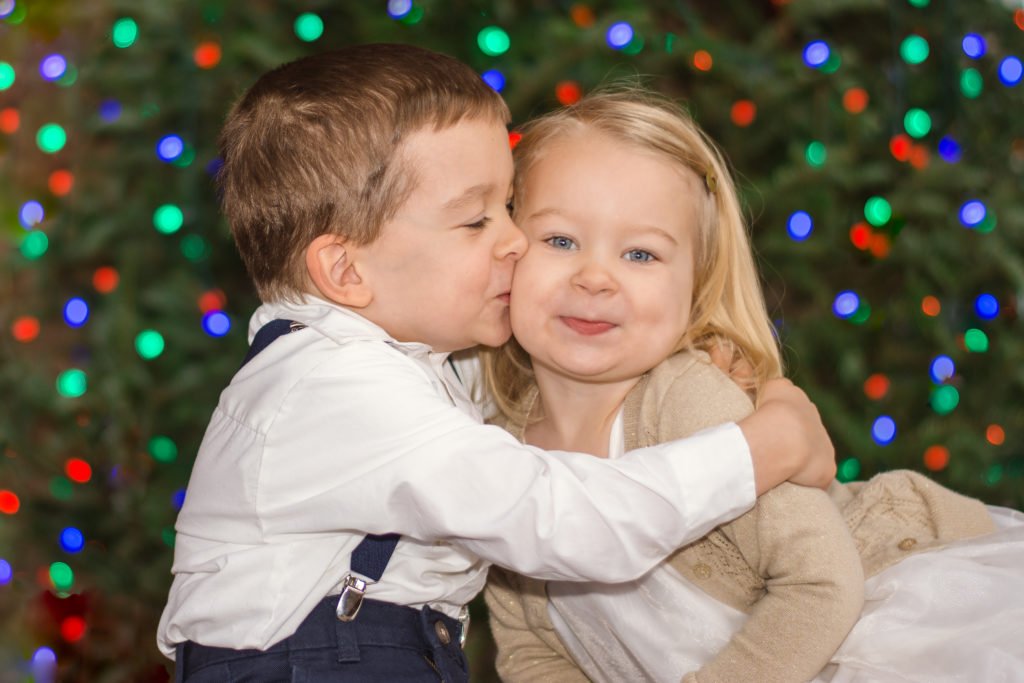Today, we’re going to guide you through various portrait ideas. There are many different types of portrait photography to experiment with.
Portrait photography is about capturing people and their personalities. But portraits often go beyond a photo of a smiling person. So, get creative and find the genre that fits your subject!
10 Types of Portrait Photography
Here are ten types of portrait photos you should know!
1. Traditional Portrait Photography
A traditional portrait often depicts the subject looking at the camera. Classic portrait photography is posed. It helps people look their best. Photographers usually shoot conventional portraits in a studio with a formal photography backdrop.
This genre also tends to favor the most traditional portrait composition. This means the head-and-shoulders crop rather than a full-body portrait. But that’s not always the case.
Traditional portraits usually come to mind when thinking about the portrait genre. This type of image has been around for a long time. But it remains popular because combining poses and studio lighting creates flattering images.
A sub-genre of the traditional portraits are formal portraits. They apply the same poses and studio setting but wear formal or business attire.
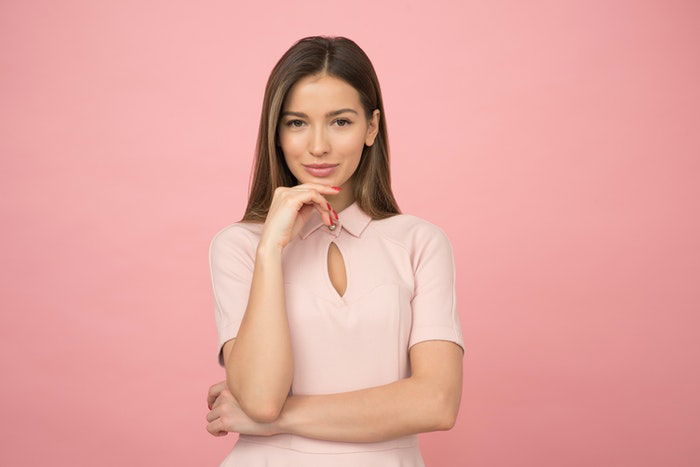
2. Lifestyle Portrait Photography
Lifestyle portraiture is the polar opposite of traditional portraits. Yes, it’s still a portrait of a person (or many people). But lifestyle portraits capture people in an everyday environment, often doing ordinary things.
This photographic genre works in an environment familiar to the subject instead of a studio. For example, you can take lifestyle portraits in someone’s home. Lifestyle portraits aren’t posed in the traditional sense.
A lifestyle photographer often has a limited time frame to capture a series of portraits. Plus, lifestyle photographers will usually direct the subjects. For example, they may ask siblings to jump on a bed or ask a family to give each other a group hug.
Clients that choose lifestyle photography like the genre because it resembles real life. Lifestyle family photography also captures the interaction between family members. This way, you can create some touching memories.
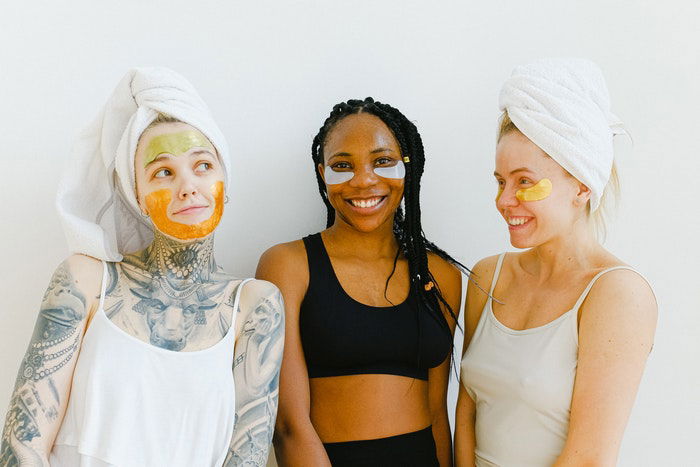
3. Fine Art Portrait Photography
The fine art portrait genre is controversial. Artists debate what classifies something as fine art. Fine art portraits can include anything. Artists often use visual techniques to make their images pleasing to the eye. The characteristics of fine art portraits come down to context, concept, and storytelling.
Jovana Rikalo is a great artist for fine art portraiture inspiration. She creates her own universe. And you, the viewer, get to decide the narrative and context of her characters.
The secret to fine art portraits is to get creative. Try out-of-the-box photography techniques that make sense in your head!
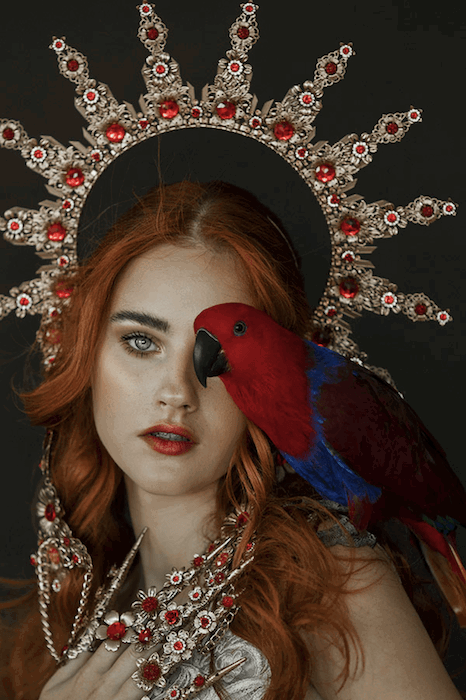
4. Environmental Portrait Photography
Environmental portraits are a mix of traditional portrait photography and lifestyle portrait photography. In environmental portrait photography, the surroundings and the person both have importance.
This photoshoot takes place in a specific location with a special meaning to the subject. It is a way to give the viewer clues about that person’s personality. That location could be a home, office, or favorite outdoor place. Or if you photograph a dancer, it could be a ballet studio.
While the location is essential, environmental portraits can still use posing techniques. It is not as informal as lifestyle photography. The photographer sets up a pose and lighting, like in the case of traditional portraits. But the posing, lighting, person, and background work together in an environmental portrait.
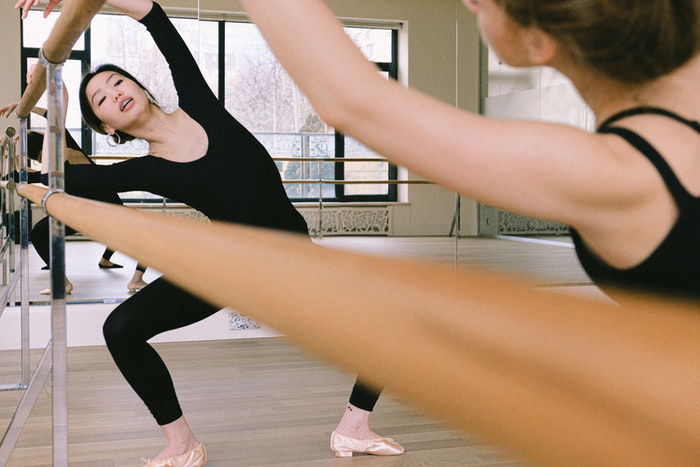
5. Candid and Street Portraits
You don’t plan candid portraits. The best example is street photography, which features people as the main subject.
Photographers don’t have to photograph strangers to take a candid portrait. But candid portrait photography doesn’t involve direction from the photographer. Street photographers often take candid portraits of the people they meet. There’s usually no setup.
The photographer gets inspiration from the subject. The light, environment, and other factors create a spontaneous photoshoot. Qualities of candid photography can influence different genres. Some photographers use a mix of posing and prompts to encourage candid moments.
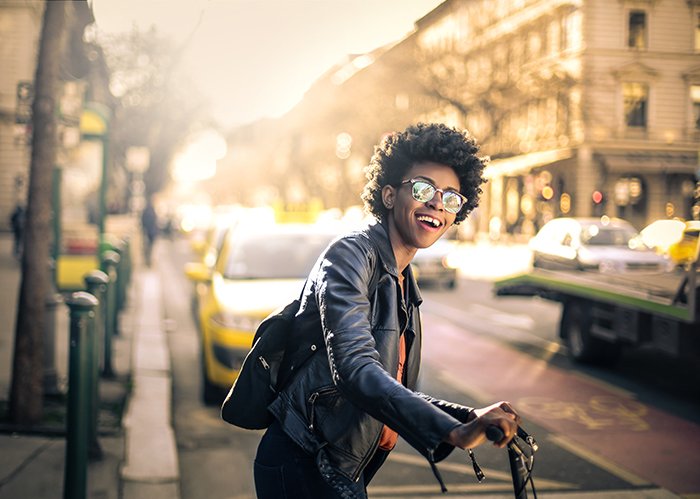
6. Glamor and Boudoir Portrait Photography
You could think of a glamor portrait as a beauty portrait. The beauty of the subject is in the focus of glamor photography. It often involves planning the wardrobe and using professional makeup artists.
Glamor photography is also sensual. It’s designed to highlight a woman’s beauty, sometimes in lingerie or nude. Glamor and fashion photography often have a similar feel. But glamor still emphasizes the person, not what they are wearing.
Boudoir is a similar but not identical type of portrait photography. Glamor photography often takes place in different locations, including outdoors. But as the name suggests, boudoir photos occur in a bedroom or home.
Boudoir celebrates sensuality, too. Women and men often book a boudoir session to give these photos to their significant other. Boudoir photography isn’t just about sexual poses and lingerie. Many say a boudoir session can help boost a person’s confidence.
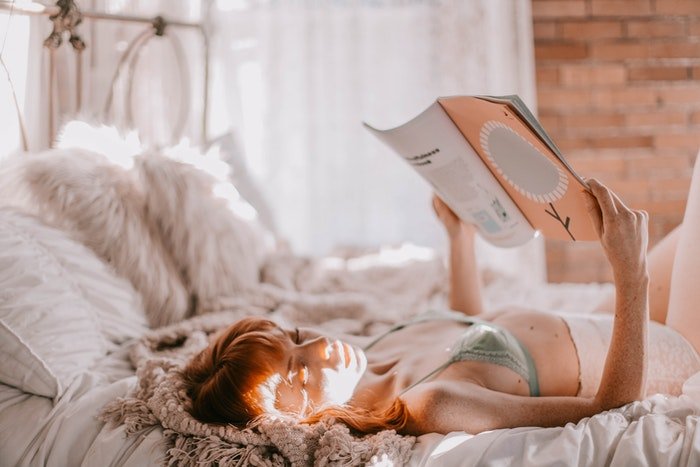
7. Conceptual Portrait Photography
Conceptual portraits capture an idea or concept within a portrait image. Conceptual photographers often use props, settings, or photo manipulation to achieve that concept.
Because conceptual photography encompasses an idea, the possibilities are endless. Levitation, perspective manipulation, makeup, or wardrobe tricks are common. Photoshop stunts and post-processing are part of this concept.
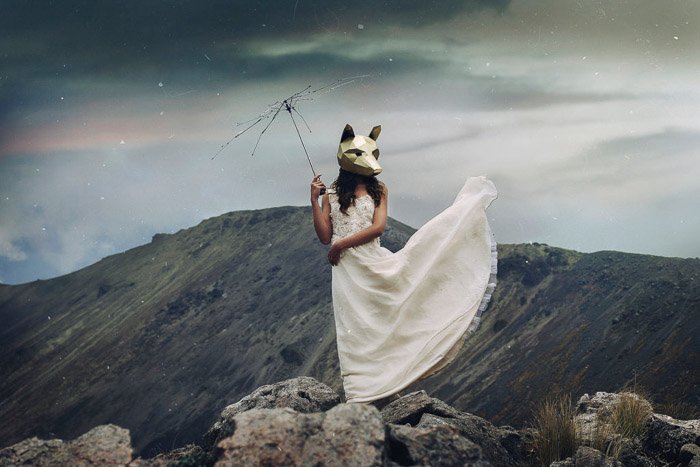
8. Surreal Portraits
Surrealism is an artistic style that feels dreamlike. This style can apply to portrait photography as well.
You can’t photograph something that doesn’t exist. That’s why surreal portrait work often involves Photoshop. You can also create scenes with props, wardrobe, and other photo tricks.
A surreal portrait turns dreams into real photos. That’s tough to do. But the results are often stunning when done well.
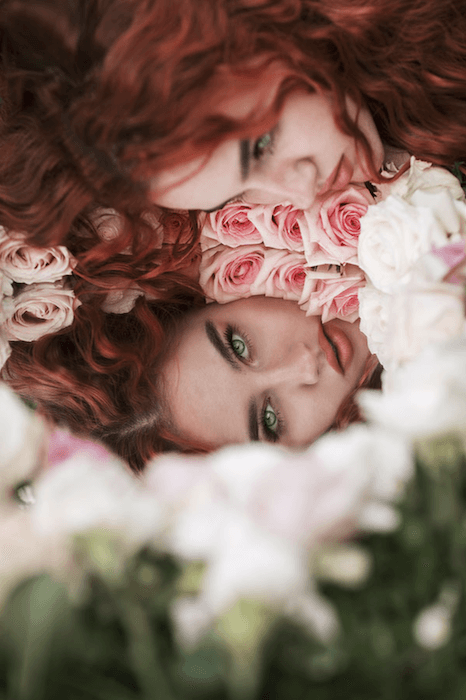
9. Self-Portraits
Everyday smartphone selfies give the self-portrait a lousy reputation. But when done well, self-portraits can be gorgeous images. Photographers use the more elaborate term “self-portrait” for a profound portrait. A selfie is a quick snapshot. Self-portraits need insight and planning.
Beyond holding a smartphone out at arm’s length, taking a great self-portrait isn’t easy. You can use a tripod to get rid of that selfie look and extended arms. Focusing and composing when you’re in front of the camera can also be tricky. Try using a remote release or a Wi-Fi-enabled camera.
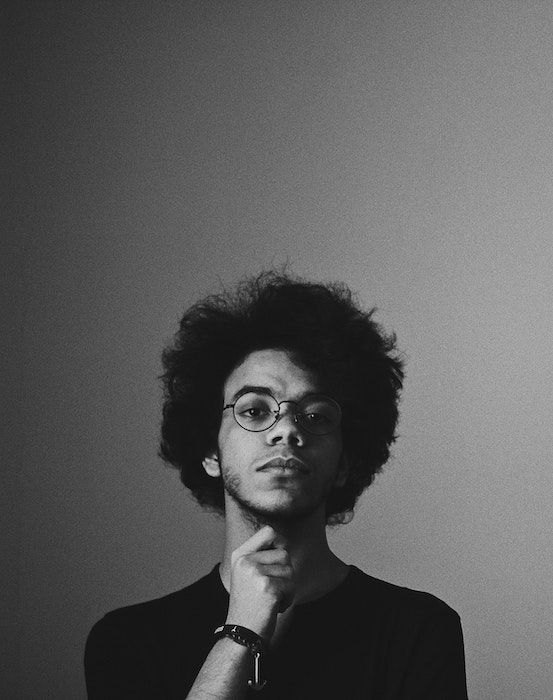
10. Couple, Family, and Group Portraits
A portrait isn’t always a single person. Photos of couples, families, and other groups are still portraits. Taking portraits of more than one person is often harder than portraits of an individual. You have more people to pose and interact with within the photograph. Communication is key.
With more people, you can also capture genuine interaction. You can’t achieve this with a single person.
Portraits of groups can still fall under other sub-genres, too. Lifestyle photography, for example, is a popular genre for family photography.
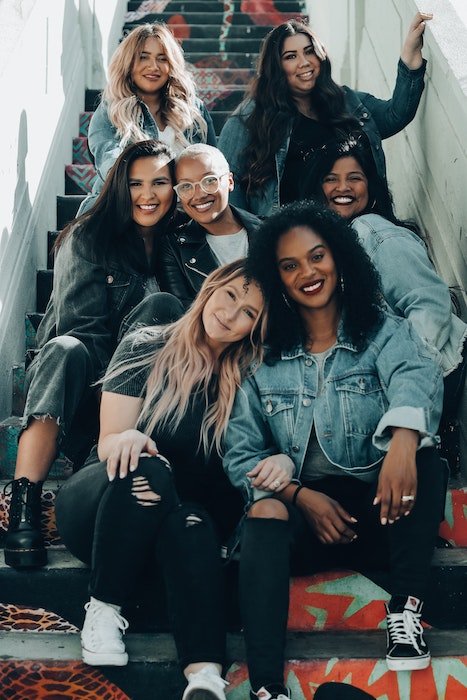
Conclusion: Types of Portrait Photography
Self-portrait photography captures people and personalities. Every person is different, so this photography genre has various styles.
The best way to understand different types of portrait photography is through practice. Go through the techniques covered in this article and see what excites you most.
Get to know the person you take photos of! See what your subject is like and which genre fits the person. You’ll capture better portraits that represent the subject in their best light!
